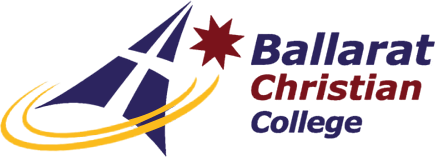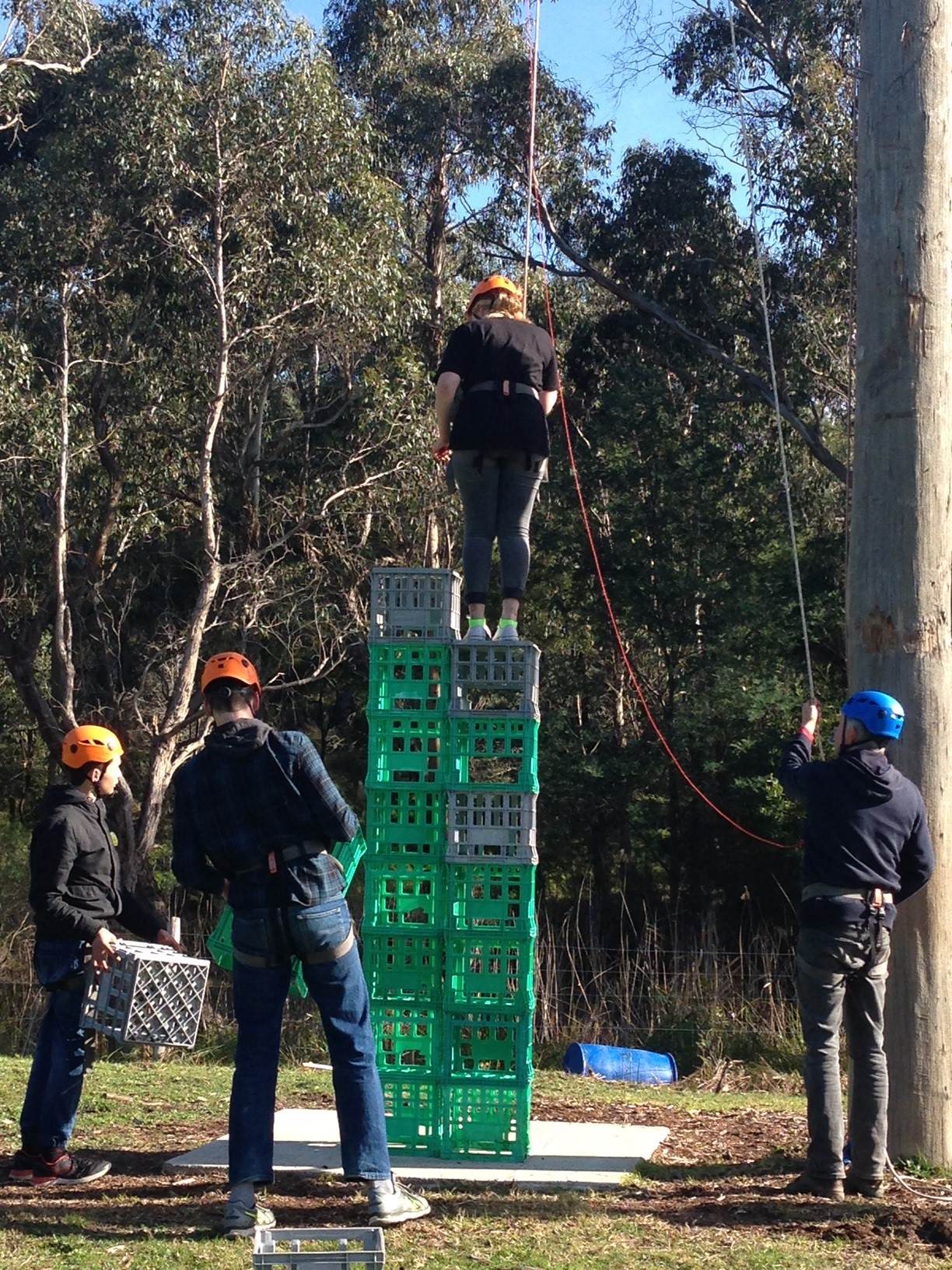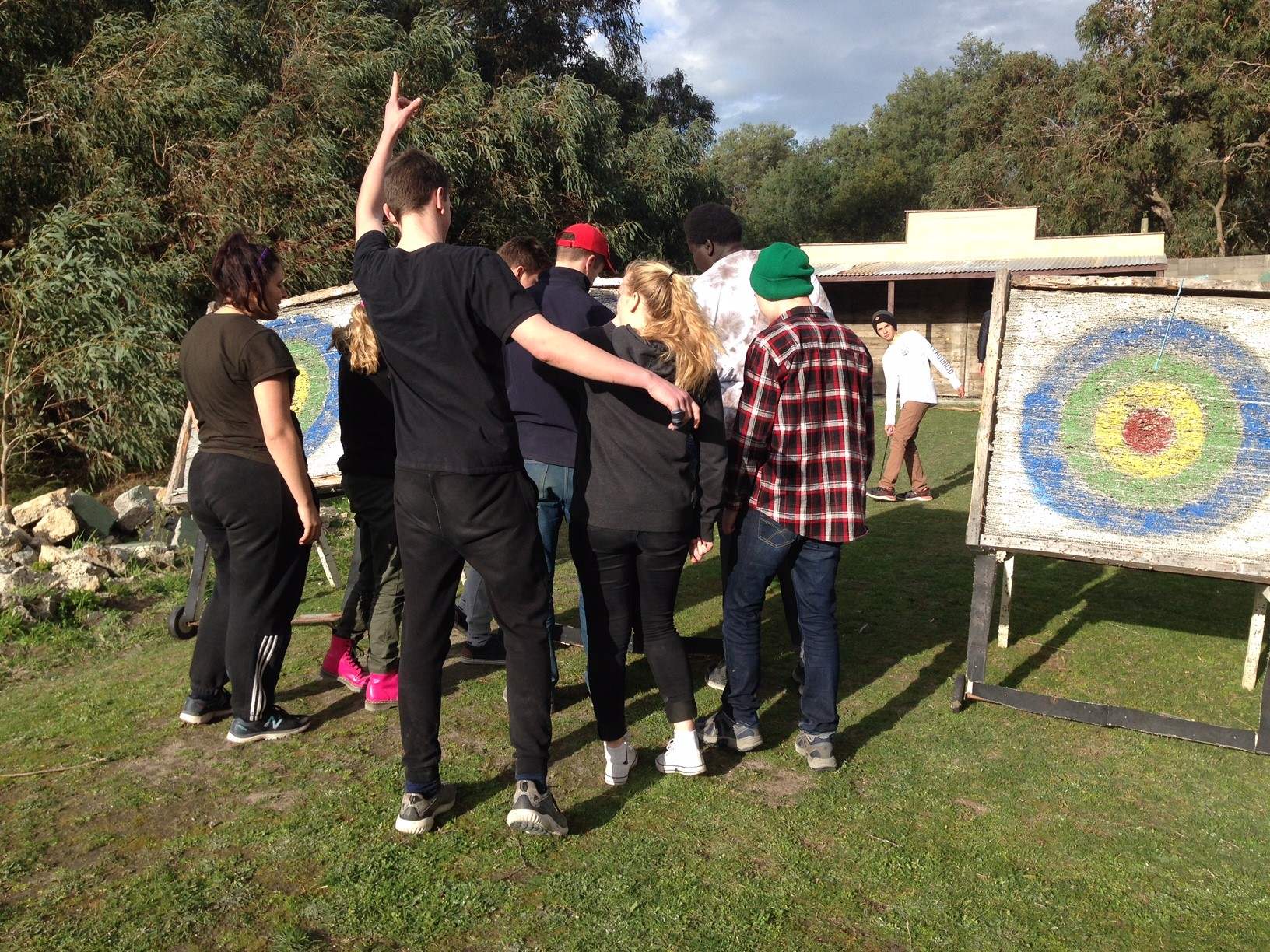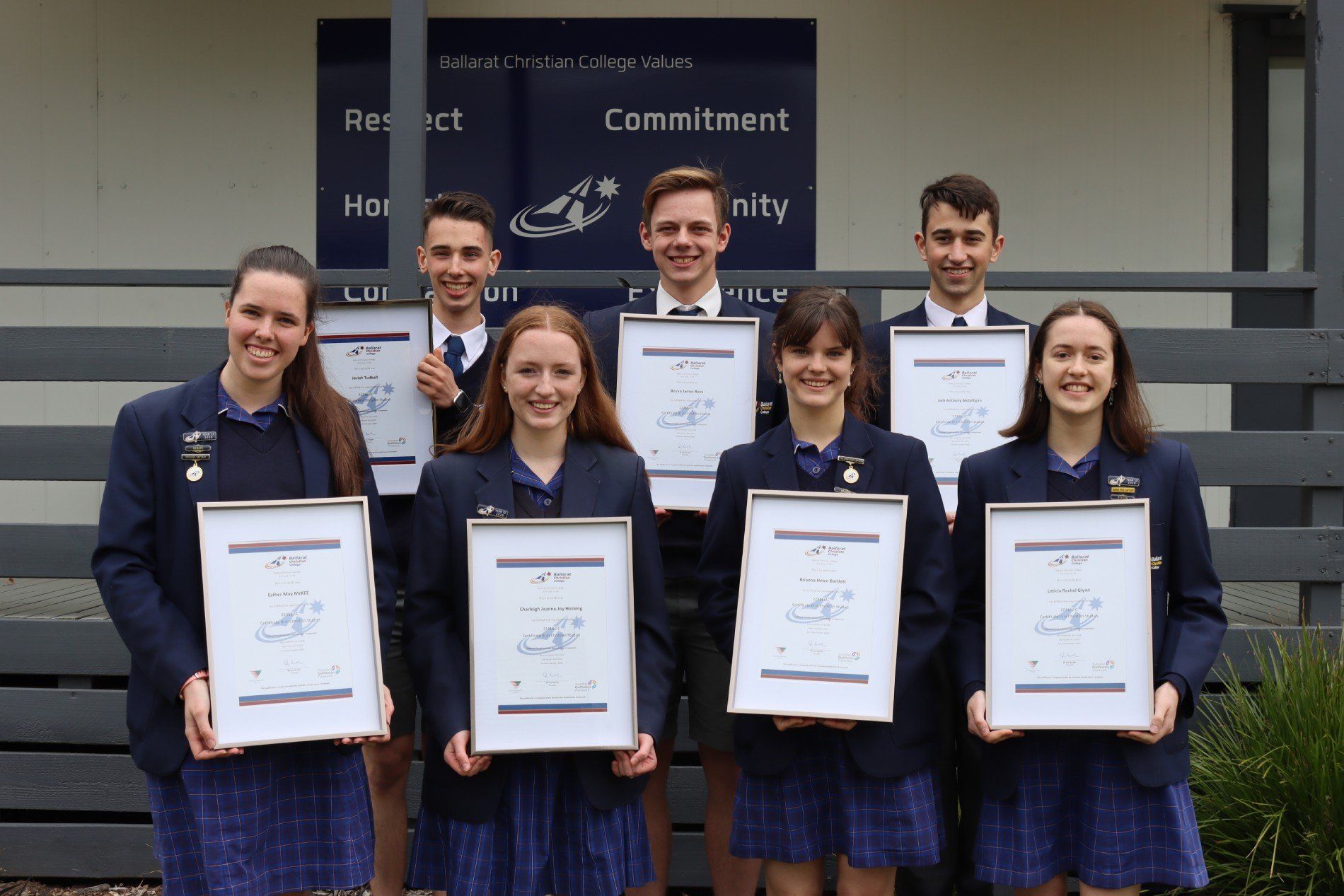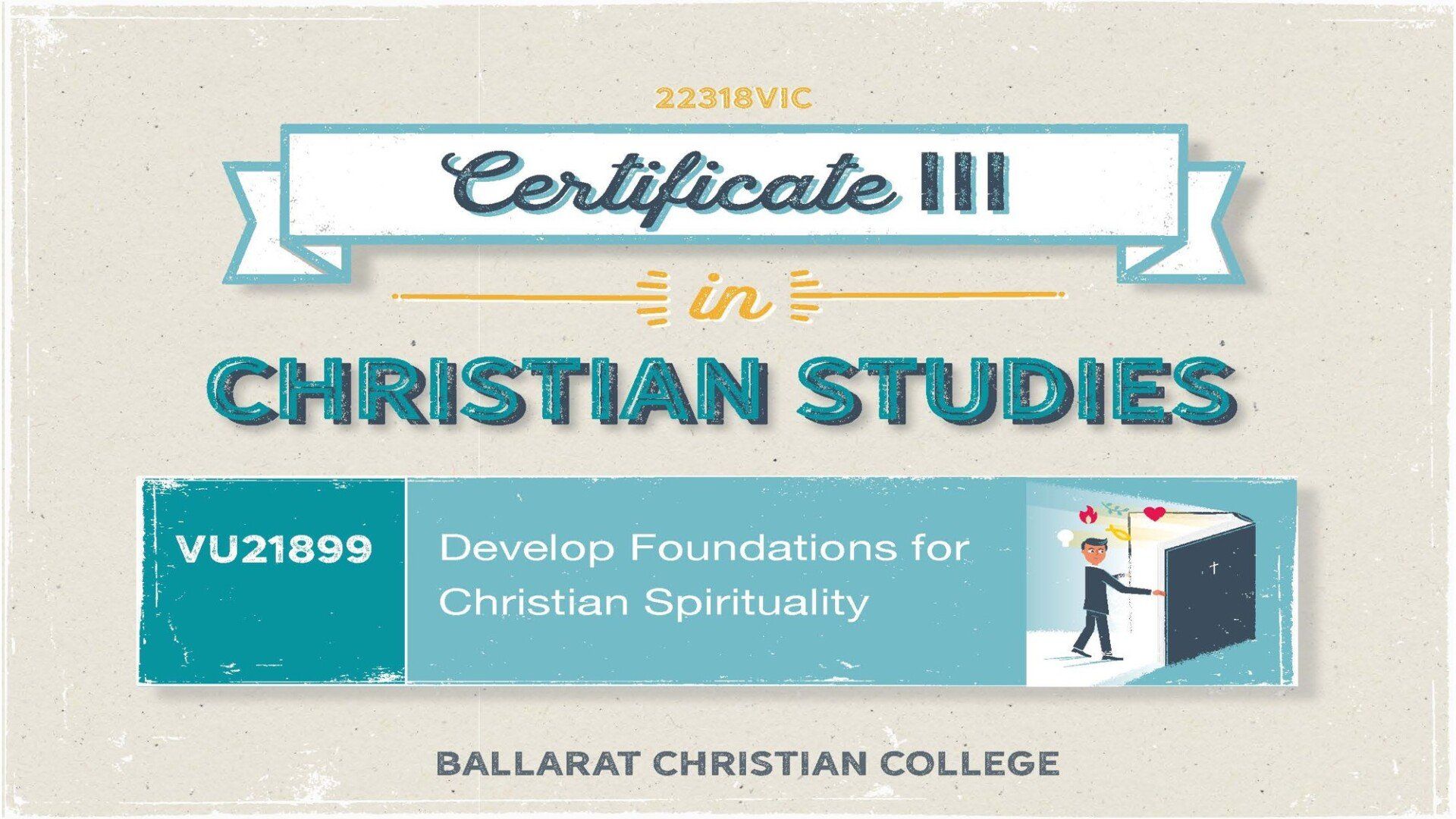Course Outline
Practical component
Discover how to put faith into action. You choose how you want to serve, at school, your church or in the community. This is where your understanding of God can be put into practice and your heart to serve God can grow to develop in your giftings.
Retreat
The Year 11 retreat is always an adventure! Three days of fun and fellowship with your classmates, with time to immerse in God’s presence encouraging each other while encountering God. This is the space where friendships can deepen and understanding of who God is can be lifechanging.
Peer leadership
With a group of peers practice being mentors for younger students on a casual level out in the school yard or formally in a homeroom with the discipleship material. Debrief with your trainer and learn to work with real life issues through a biblical worldview. Pray for each other and ask the hard questions.
Mentoring
Your year 12 mentor will share with you some of their life experiences while giving you input on what you may encounter going from school life into adult life. This is a time of honesty and another opportunity to gain wisdom about living for God in a post-Christian culture.
Bible engagement
You should deepen in your knowledge and understanding of God’s Word what it meant to the people it was originally written for and how to apply those principles to your life today. Learn how to work with God and walk with Him.
Christian community
Discover what it means to truly play your part in the Body of Christ.
On BalCC campus
At Ballarat Christian College RTO this course is delivered over three years with a mix of face-to-face classroom delivery, online modules, personal study, a retreat and optional mission trip. Two units are completed in Year 10 which cover the gospel message, biblical worldview and asking hard questions about contemporary issues, along with training for peer mediation and peer mentoring.
Year 11 students will become school deacons and serve around the college in many practical ways, and there is a scheduled spiritual retreat, which is always a highlight. Students will explore three units of the course together along with practical service, which can be done on the school campus or at a local church or charity.
In Year 12 the last two units of the course will be completed in which students are trained to take part in an optional mission trip. The final unit focuses on life and relationships after secondary school finishes. Along with the practical deacons service in Year 11, having the experience of outreach with friends in Year 12 strengthens faith and helps each individual to discover who they are in Christ and explore the call to follow God every day.
Eligibility
Any Year 10, 11 or 12 student.
Fee schedule
Students enrolled at Ballarat Christian College may undertake the 22318VIC Certificate III in Christian Studies as a component of the Years 10 – 12 VET program at no additional charge. The course is supported by a combination of Australian Government VETiS funding, Australian and Victorian Government recurrent grants and College tuition fees.
The stand-alone fees for this course are $195 per unit of competency – equating to $1,365 for the complete 7-unit course.
Fees cover the following:
- All online modules and workbooks
- Assessments
- Access to Trainer through the duration of the course
- Access to RTO policies
- Certification
Accreditation
On successful completion of the 22318VIC Certificate III in Christian Studies, students receive a Statement of Attainment outlining the seven-unit credits they have completed and a Testamur from Ballarat Christian College RTO#21768.
This is a Nationally Recognised Accredited VET qualification that contributes to the secondary school certificate.
Course Description
Objectives
- Equip students to handle the Scriptures confidently and competently
- Encourage and develop a theological literacy within students
- Educate students to plan, implement and evaluate their actions in ethical terms
- Introduce students to the relative claims, values and beliefs of other faiths
- Explore and experience different traditions of Christian spirituality and discipleship
Units of Competency
Achievement of seven core units of competence is required for completion of the qualification. The units of competence are as follows:
VU21899 Develop Foundations for Christian Spirituality
VU21900 Respond Biblically to Contemporary Challenges
VU21901 Respond to Contemporary Apologetic Issues
VU21902 Apply the Book of Genesis Today
VU21903 Apply the New Testament Gospels Today
VU21904 Develop Biblical Perspectives for Christian Mission Life
VU21905 Develop Christian Spirituality in Personal Life & Relationships
Course Outline
VU21899 Develop foundations for Christian Spirituality
Unit VU21899 Develop foundations for Christian spirituality, covers the basics of the Gospel. From the Announcement of the Gospel to the hearer's response to the Gospel, and the effect of the Gospel in a person's life or the transformation of the Gospel. Students will explore basic spiritual disciplines and analyse negative and positive responses to the Gospel message and to God's people.
VU21900 Respond Biblically to Contemporary Challenges
This unit explores the foundations of a Biblical worldview, the Biblical framework, theology, and the relationship between truth, faith, revelation, and inspiration. Students examine different elements that make up the concept of worldview and observe how culture also helps to shape the development process. The tensions that arise between different worldviews will be explored in relation to both personal and vocational life.
VU21901 Respond to Contemporary Apologetic Issues
In this unit you will explore the connection between apologetics, defending the faith, and evangelism, and learn the limitations of apologetics in bringing someone to Christ. You will learn where to find information that backs up the claims of the bible in areas of science, medicine, history, and much more. This unit focuses on teaching you how to present facts in an empathetic way so as to not lose the ear of those who are listening, as well as how to guide vital truths around someone's mental roadblocks to clear the way for faith.
VU21902 Apply the Book of Genesis Today
In this unit you will do a complete overview of the book of Genesis. You will gain an understanding of the meta-narrative and see the beginning of God's mission to redeem the world and restore everything to the state of perfection and peace that He originally intended for it before the fall of man. You will learn how to work with theological themes and research using commentaries. These tasks will train you to let the Scriptures speak out what they are saying instead of the learner reading into them things that are not there. It is the beginning of training in learning how to exegete biblical passages. Research will focus on the two main broad views on the interpretation of the Genesis creation history.
VU21903 Apply the New Testament Gospels Today
This unit is the main training and practice for exegesis. Exegesis is the interpretation of a scriptural text by critical analysis. It is thorough investigation of a text to discover it's context, background, literary structure, cultural meaning, so as to understand what it meant to the original intended audience. This unit looks at the book of Luke and includes practice with a theme study as well.
VU21904 Develop Biblical Perspectives for Christian Missional Life
This unit will revisit the meta-narrative and look at God's mission to restore the world to wholeness and peace, and our role as partners with Him in that. You will learn about different styles of evangelism, the development of mission since the cross, and do a major exegesis on the theme of mission.
VU21905 Develop Christian Spirituality in Personal Life and Relationships
If you are a disciple of Christ, the most important thing you will learn to do is connect good theology with life practice. Those who claim to be followers of Christ must be obedient to Him and be imitating Him to the best of their ability. This unit aims to help you practically engage with issues such as forgiveness, repentance, relationships, civil life, modern culture, with a Christian worldview.
Recognition of Prior Learning (RPL) & Credit Transfer
RPL and Credit Transfer are alternative pathways to achieving an Australian Qualifications Framework (AQF) qualification. They are distinguished by the way they relate to learning achieved through recognition of equivalence of formal education and training (Credit Transfer) and assessment of an individual's relevant prior learning (RPL). By removing the need for duplication of learning, RPL and Credit Transfer encourages an individual to seek diverse and inclusive pathways to lifelong learning, formal qualifications and improved employment outcomes.
RPL is a process of assessment based on skills, knowledge and experience gained prior to enrolling in the selected course. These skills can be gained through formal and informal learning, in Australia or overseas, through work or other activities such as volunteering, and at any age. RPL is available for all VET courses and units and should be requested during the application process or before enrolling in any units. The process will require the student to provide documented evidence against the units for which they are requesting RPL.
Recognition of Current Competency (RCC)
RCC is a specific form of RPL that only applies to designated units of competency where a student who holds the competency is required by an industry to be re-assessed to check that competency is being maintained.
Under the principles of National Recognition, a student is granted an automatic credit for any unit that they successfully completed at any other Registered Training Organisation (RTO). Credit Transfers can be granted under any of the following circumstances:
- When the unit has exactly the same code and title, even if it is not from the same Training Package.
- When the unit has been reviewed and this has resulted in minor changes to the unit code or title e.g. A code to B code. This indicates that the outcomes of the unit have remained substantially the same and there is at least 80% commonality with the original unit.
- When the unit has been transferred from another Training Package/curriculum and recoded, however the learning outcomes remain the same.
For further information, or to apply for recognition, students should talk to the Certificate III in Christian Studies Course Coordinator or consult the College’s VET Recognition of Prior Learning (RPL) and Credit Transfer Assessment Policy, available on the College website.
Students’ Access to Records
To gain access to records, documents, and course materials (including submissions and assessments) students may at any time make a request to the individual unit Trainer or to the Certificate III in Christian Studies Course Coordinator.
Replacement statements of attainment or Testimur’s can be provided upon request to the Certificate III in Christian Studies Course Coordinator or the RTO Manager.

